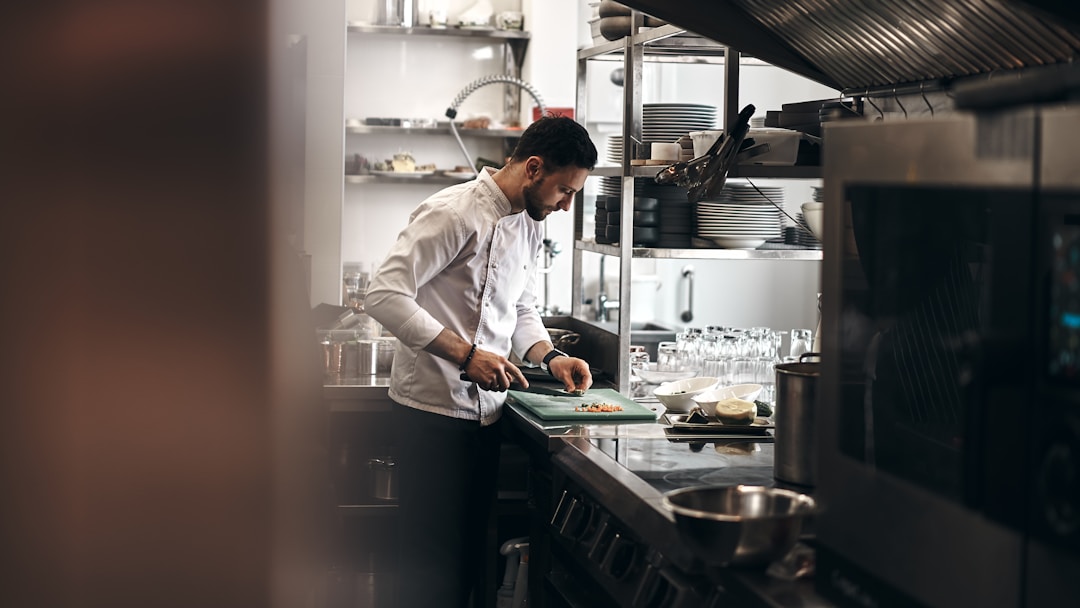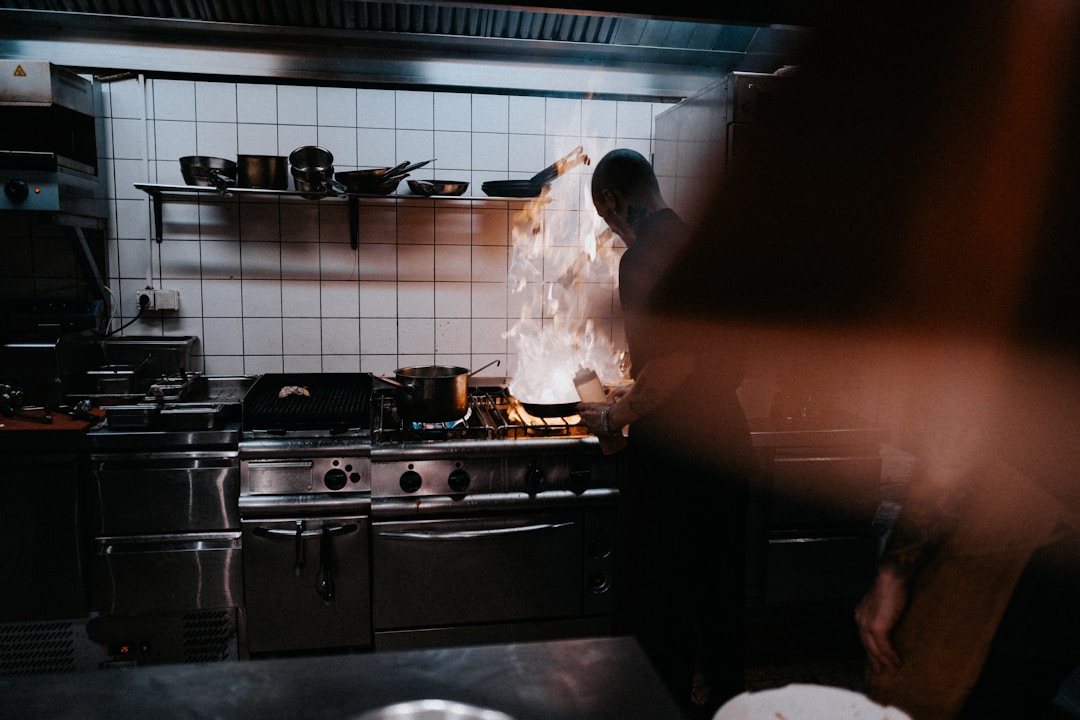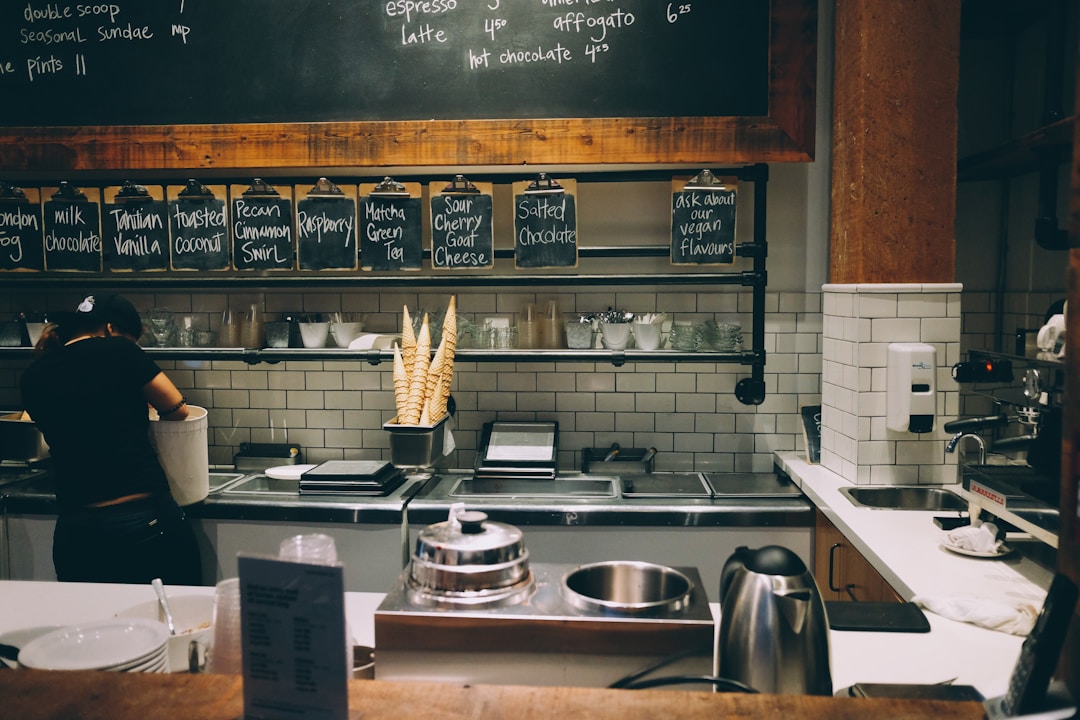Breaking into the restaurant business can involve many complex steps and financial commitments. One of the largest outlays that a new restaurant owner will encounter is the cost of buying restaurant equipment. This expense can be quite daunting, especially for first-time owners. Planning ahead and making smart equipment purchasing decisions can lead to significant savings. In this article, we will share some tips and insights for saving money on restaurant equipment.
Leasing Equipment

Leasing restaurant equipment from The Restaurant Warehouse is a fantastic option for restaurant owners who want to keep initial costs low. With leasing, you rent the equipment for a specified period and return it at the end of the lease. It’s an excellent choice if you need to use high-cost items but don’t have the funds to purchase them outright. Leasing also offers the advantage of being able to upgrade or replace your equipment at the end of the lease term. This can be particularly beneficial for equipment that tends to become outdated or depreciate rapidly, or if you’re uncertain about long-term needs.
Always thoroughly read and understand the leasing contract before entering an agreement. It is also worth mentioning that leased equipment does not count as an asset in the balance sheet, which could impact the restaurant’s financial ratios. Hence, this method of acquiring equipment should carefully weigh the costs and benefits. Financing restaurant equipment and leasing can be an ideal choice for start-ups too.
Consider Buying Used Equipment
One way to reduce costs is by purchasing used equipment. While it’s true that some items probably need to be purchased new for safety or sanitation reasons, others can be bought second-hand without any problems. Restaurant equipment such as refrigerators, freezers, and ovens are usually built to last and can serve you well even if they have been used before. Keep in mind, though, that going this route requires careful research and physical inspection. You need to ensure that the equipment is in good condition and will be reliable. Keep a lookout for any signs of wear and tear or considerable damage.
The durability, reliability, and life expectancy should be evaluated against the cost, to avoid buying something that would end up needing pricey repairs or replacements. Another note on used restaurant equipment is to check whether it meets the health and safety standards your local regulatory agency requires. The last thing you’d want is to purchase a piece of equipment that could put your restaurant at risk of violating health codes.
Understanding Your Restaurant Equipment Needs

If you want to properly manage your restaurant equipment budget, you have to understand exactly what your business needs. This involves creating a detailed restaurant plan that covers your operational strategy, from the menu you offer to how your kitchen will be set up. This, in turn, will dictate what kind of equipment you need. After all, the type of cuisine you aim to serve can play a role in defining the right tools for your kitchen. For example, a bakery will require different equipment than a steakhouse.
Moreover, it’s worth considering the size of the restaurant and the volume of customers you are expecting. This could heavily impact your selection in terms of the capacity and power of the equipment. For instance, a small cafe is unlikely to require an industrial-sized oven. By understanding these factors, you can decrease the likelihood of making unnecessary costly purchases and prioritize your investments in a way that best suits your business model.
Beyond that, you should also consider the practicality and efficiency of the equipment. Dual-purpose items that perform more than one function can save you both money and kitchen space. Investing in such versatile pieces will often be a more cost-effective choice over time.
Picking the Right Supplier
When it comes to buying new or used restaurant equipment, it’s vital to ensure that you’re purchasing from a reliable and reputable supplier. The right supplier should be well-established, have good online reviews, and offer post-sales services like warranty coverage, delivery, installation, and maintenance. A reputable supplier can also provide helpful advice and insights into what type of equipment would best serve your needs. They can point out features you may not have considered or inform you about the latest technologies that could save you money in the long term on energy costs.
The aim is not just to buy equipment but to build an ongoing relationship with a supplier who can support your restaurant’s growth and adapt to its evolving needs. Whether new or used, you’ll want to make sure that the equipment you’re buying will last and that you can depend on your supplier for service throughout its lifespan.
Keep Maintenance in Mind

Another major factor to consider when investing in restaurant equipment is the potential cost associated with maintenance and repairs. High-end equipment often comes with steep repair costs. Ensure that you fully understand the warranty terms and any included or excluded repairs. Avoid machines that are known for their maintenance issues or require expensive spare parts. Be sure that you keep your equipment well-maintained to avoid repairs or replacements. Regular cleaning and servicing can extend your equipment’s lifespan and keep it functioning at its best.
Consider investing in a preventive maintenance program if one is available. By doing so, you can often catch issues early before they become major problems, saving you time and money. Never neglect the importance of training staff on how to properly use each piece of equipment. A substantial amount of damage can be prevented by proper handling, which, in turn, reduces repair and replacement costs.
Compare Prices
Just as with any other purchase, price comparison is a part of the equation when buying restaurant equipment. It is crucial not to jump at the lowest price without considering the overall quality and potential long-term costs. Similarly, the most expensive equipment does not always guarantee that it’s the best fit for your kitchen. Devote time to research and compare different brands, models, and prices to find the best value.
Don’t forget that the cheapest deal may not always save you money in the long run. Lower-priced equipment may have a shorter life span, break down more often, or use more energy. You should consider the equipment’s price in conjunction with its efficiency, durability, and warranty when making your decision. It’s also worth mentioning that paying a little more for energy-efficient equipment could save you lots of money in the long term through lower energy bills.
Be Aware of Energy Consumption

When estimating the cost of restaurant equipment, it’s easy to focus solely on the upfront purchase price and overlook the potential operating cost associated with energy consumption. Energy-efficient equipment, though often more expensive up front, might prove more economical in the long run. Look for appliances with ENERGY STAR ratings, as they use less electricity and can save you money on your monthly utility bill. If you want to further reduce your energy bills, consider other changes like using LED bulbs or going paperless.
Investing in energy-efficient equipment also allows your business to support environmental initiatives, making it more attractive to environmentally-conscious customers. Aside from the monetary savings, this could also improve your restaurant’s reputation and increase customer loyalty. Do remember though, that maintaining your equipment well is also key to keeping its energy consumption low. Regular cleaning and maintenance checks ensure your equipment runs at its best, prolongs its life and keeps energy usage to a minimum.
As this article illustrates, managing and saving money on restaurant equipment involves a delicate balance of many factors. These tips will prepare you to make your restaurant equipment purchases. Don’t hesitate to reach out to experts and professionals in the field for advice. The upfront effort will save you a lot of hassle – and money – later. If you follow our advice, you’ll be on the right track and you’ll own a thriving restaurant before you know it.







